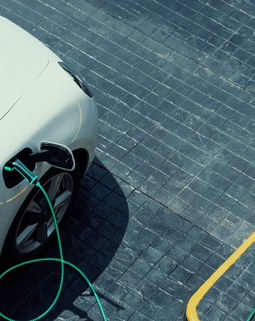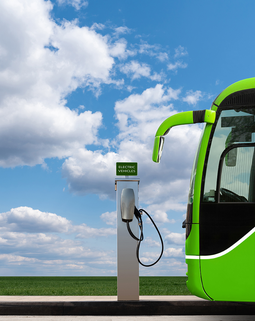Kenya is attempting to deploy electric vehicles on Kenyan highways, which might turn the country into an EV powerhouse on the continent. Firms want to capitalize on Kenya's global leadership in renewable energy, extensive use of technology, and government emphasis on electric vehicles. Some firms concentrating on electric vehicles in Kenya are Casino, Caetano, Opibus, Nopea Ride, Kiri, EVM Africa, and Agility Africa. Kenya gets a lot of its electricity from renewable sources.
This country is the heart carrier of renewable energy. Around 93% of local electricity output by 2020 comes from hydro, hot, and wind energy — three times the renewable energy source contributed to global electricity generation.
Kenya is also anticipating the arrival of electric vehicles. Only 350 of Kenya's 2.2 million vehicles are electric, but the nation is working to raise this number. Kenya Power, the country's state-owned energy utility, wants to build charging stations around the country and reduce import duties on electric vehicles even further.
During a recent renewable energy expo, Kenya said that its bus service, which will begin in June in the country's capital, Nairobi, will solely utilize electric and hybrid vehicles.
There are countless companies of electric cars in Kenya. Since 2018, the firm Finish Nopea Ride has provided an electric taxi service in Kenya. BasiGo intends to provide electric buses and charging services and care for bus drivers in eastern Africa. It buys automobiles from BYD, one of the world's largest electric vehicle manufacturers. BasiGo aims to make buses accessible to users through a financial classification.
This firm also opened a charging and servicing center for electric buses in the city. BasiGo announced around $ 5 million seed subsidy to launch the sale and deliver the electric buses this year, on February 9, as adequately as its local electric bus conference in Kenya.
Apart from the green power in Kenya, Bhattacharya, CEO, and founder of BasiGo discerns the country as a good place to go because of the country's largest, most prosperous public conveyance system, where it gets the "most used" buses and miles. He says this will make Basigo's work and electric vehicles more profitable by decreasing fuel and repair costs.





